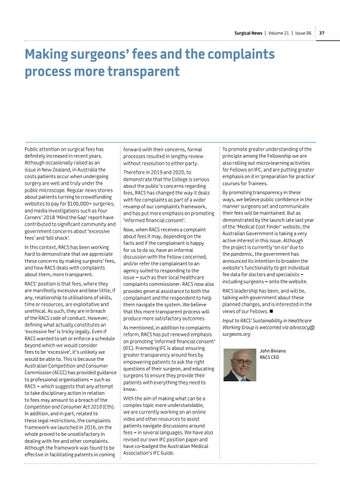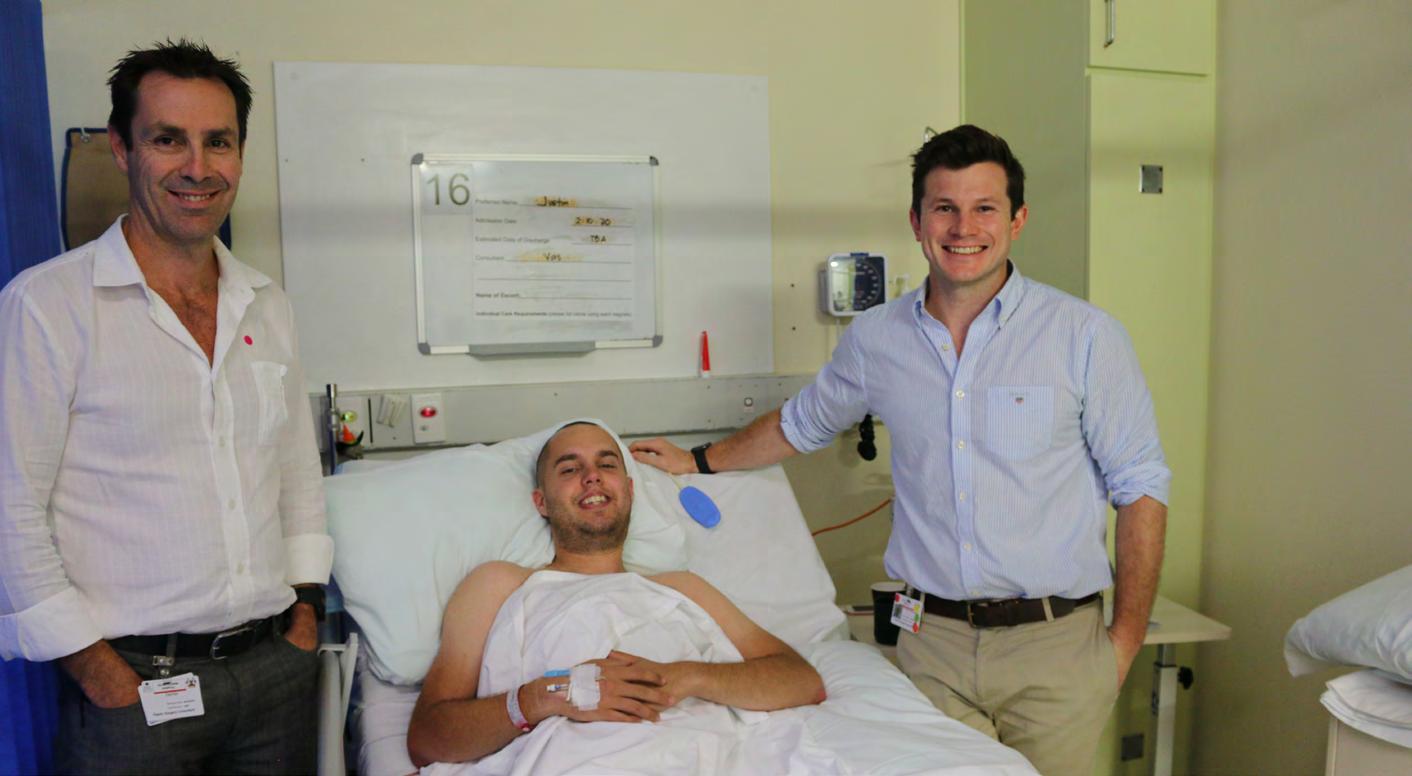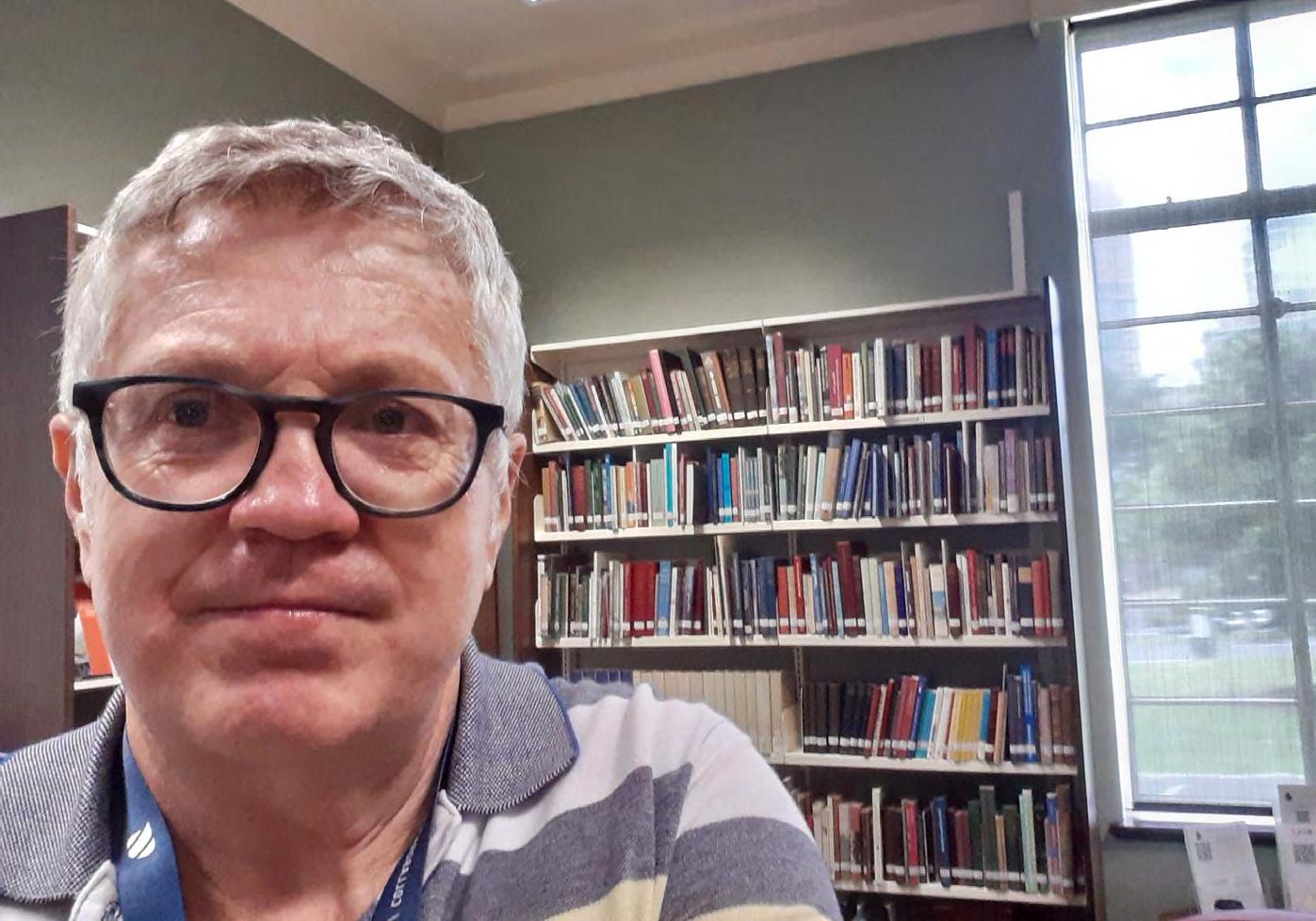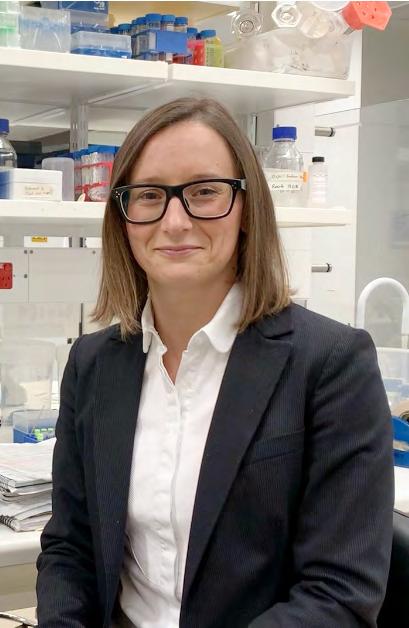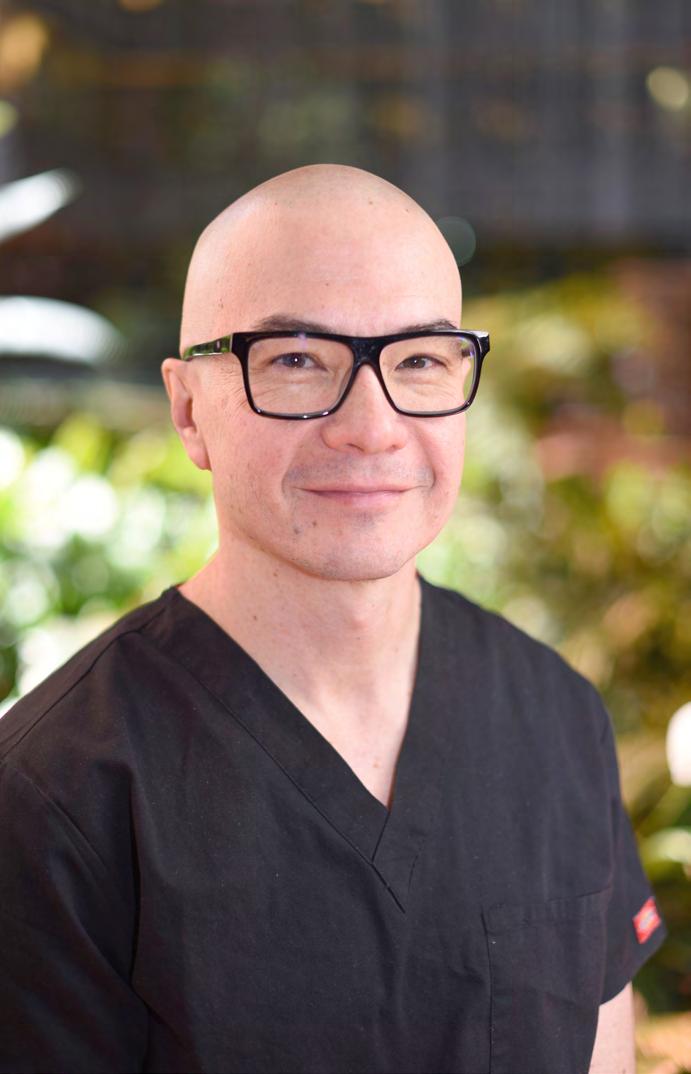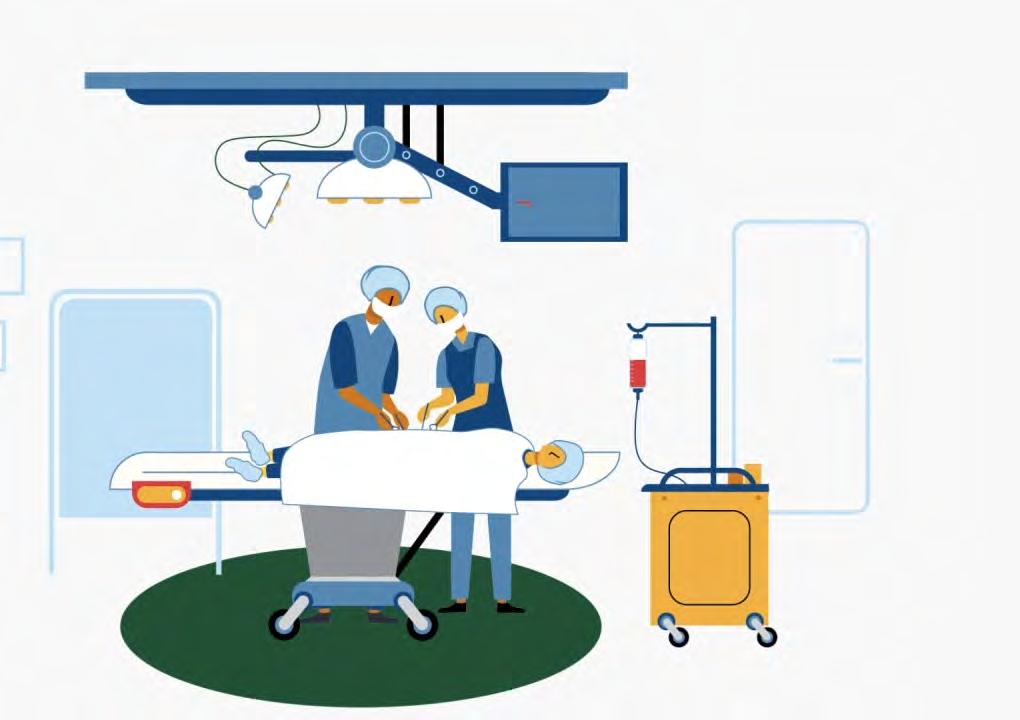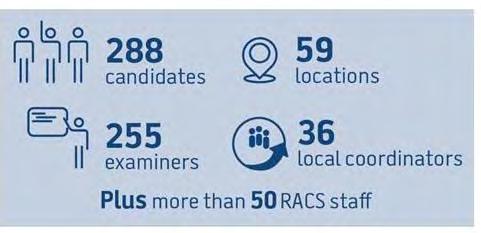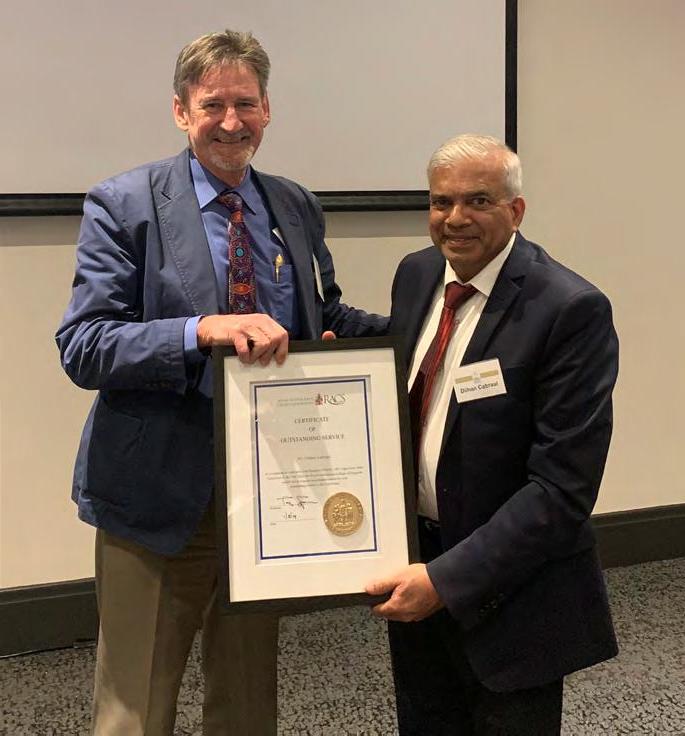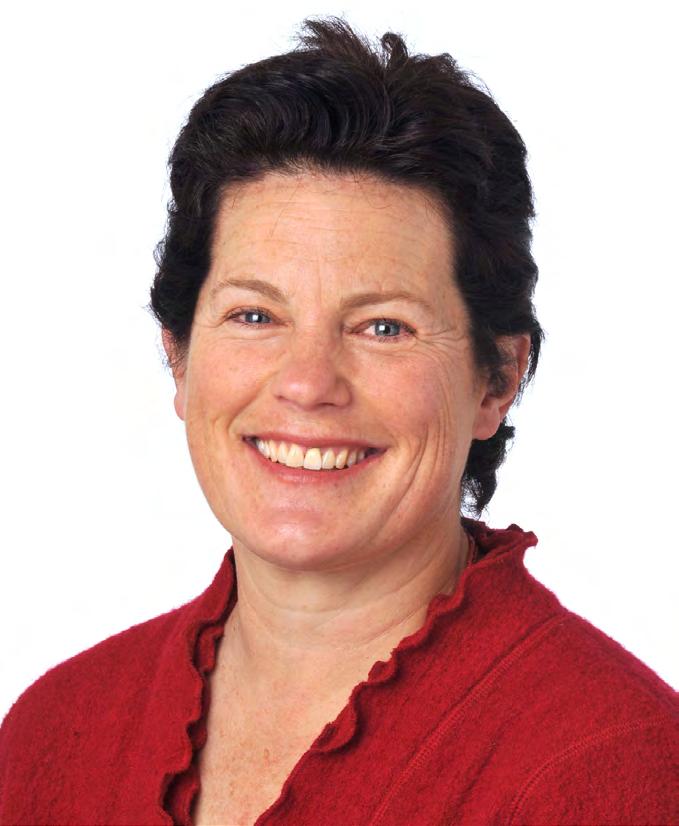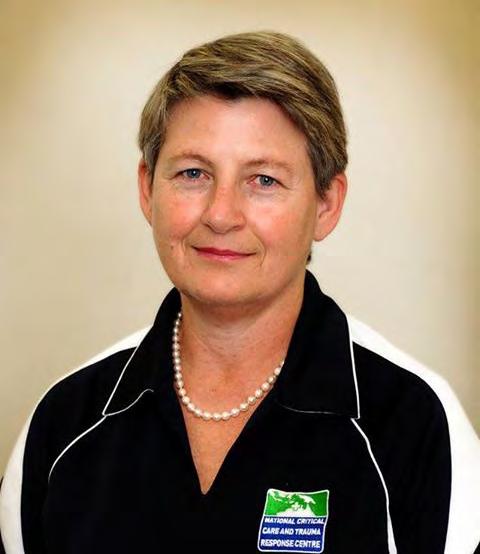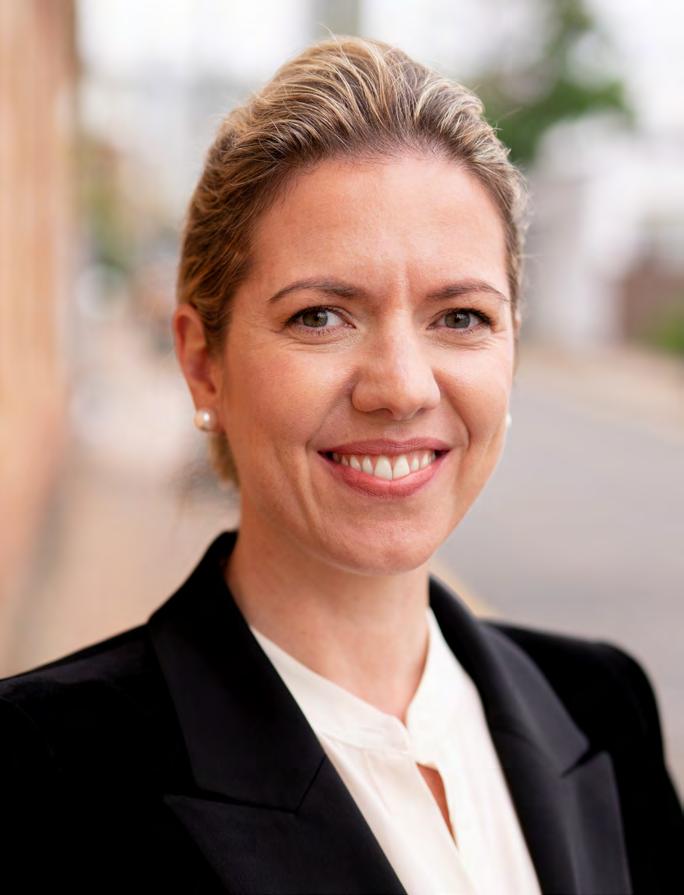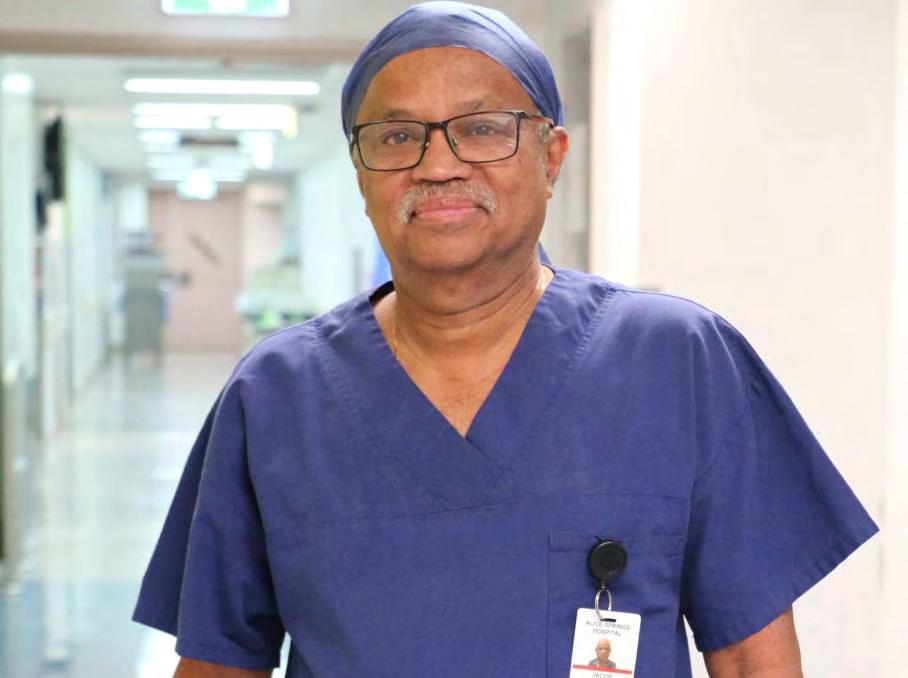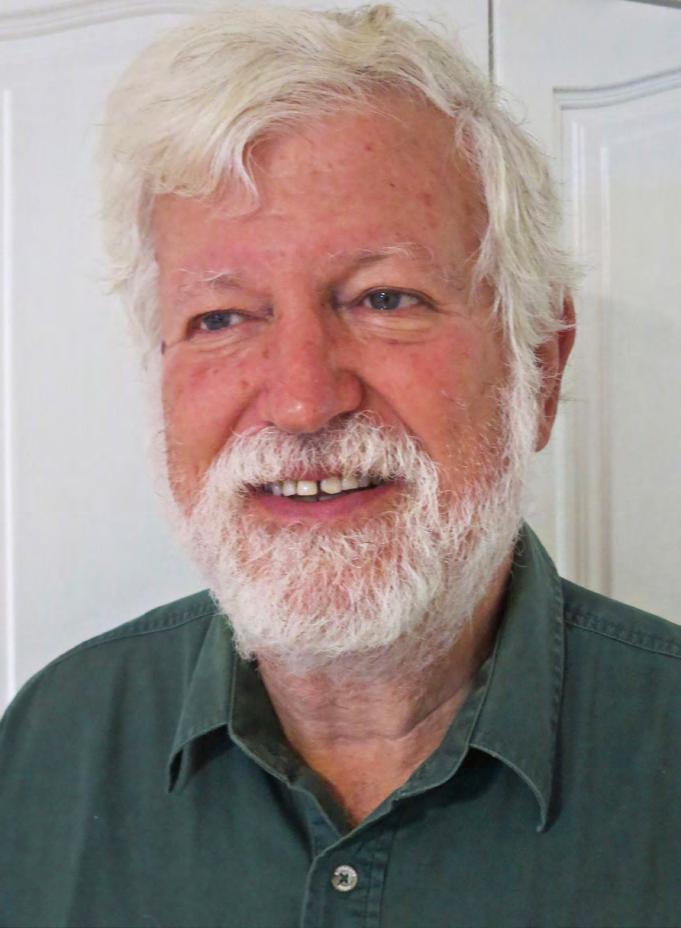Surgical News | Volume 21 | Issue 06
Making surgeons’ fees and the complaints process more transparent
Public attention on surgical fees has definitely increased in recent years. Although occasionally raised as an issue in New Zealand, in Australia the costs patients occur when undergoing surgery are well and truly under the public microscope. Regular news stories about patients turning to crowdfunding websites to pay for $100,000+ surgeries, and media investigations such as Four Corners ’ 2018 ‘Mind the Gap’ report have contributed to significant community and government concerns about ‘excessive fees’ and ‘bill shock’. In this context, RACS has been working hard to demonstrate that we appreciate these concerns by making surgeons’ fees, and how RACS deals with complaints about them, more transparent. RACS’ position is that fees, where they are manifestly excessive and bear little, if any, relationship to utilisations of skills, time or resources, are exploitative and unethical. As such, they are in breach of the RACS code of conduct. However, defining what actually constitutes an ‘excessive fee’ is tricky legally. Even if RACS wanted to set or enforce a schedule beyond which we would consider fees to be ‘excessive’, it’s unlikely we would be able to. This is because the Australian Competition and Consumer Commission (ACCC) has provided guidance to professional organisations – such as RACS – which suggests that any attempt to take disciplinary action in relation to fees may amount to a breach of the Competition and Consumer Act 2010 (Cth). In addition, and in part, related to these legal restrictions, the complaints framework we launched in 2016, on the whole proved to be unsatisfactory in dealing with fee and other complaints. Although the framework was found to be effective in facilitating patients in coming
forward with their concerns, formal processes resulted in lengthy review without resolution to either party. Therefore in 2019 and 2020, to demonstrate that the College is serious about the public’s concerns regarding fees, RACS has changed the way it deals with fee complaints as part of a wider revamp of our complaints framework, and has put more emphasis on promoting ‘informed financial consent’. Now, when RACS receives a complaint about fees it may, depending on the facts and if the complainant is happy for us to do so, have an informal discussion with the Fellow concerned, and/or refer the complainant to an agency suited to responding to the issue – such as their local healthcare complaints commissioner. RACS now also provides general assistance to both the complainant and the respondent to help them navigate the system. We believe that this more transparent process will produce more satisfactory outcomes. As mentioned, in addition to complaints reform, RACS has put renewed emphasis on promoting ‘informed financial consent’ (IFC). Promoting IFC is about ensuring greater transparency around fees by empowering patients to ask the right questions of their surgeon, and educating surgeons to ensure they provide their patients with everything they need to know. With the aim of making what can be a complex topic more understandable, we are currently working on an online video and other resources to assist patients navigate discussions around fees – in several languages. We have also revised our own IFC position paper and have co-badged the Australian Medical Association’s IFC Guide.
To promote greater understanding of the principle among the Fellowship we are also rolling out micro-learning activities for Fellows on IFC, and are putting greater emphasis on it in ‘preparation for practice’ courses for Trainees. By promoting transparency in these ways, we believe public confidence in the manner surgeons set and communicate their fees will be maintained. But as demonstrated by the launch late last year of the ‘Medical Cost Finder’ website, the Australian Government is taking a very active interest in this issue. Although the project is currently ‘on ice’ due to the pandemic, the government has announced its intention to broaden the website’s functionality to get individual fee data for doctors and specialists – including surgeons – onto the website. RACS leadership has been, and will be, talking with government about these planned changes, and is interested in the views of our Fellows. Input to RACS’ Sustainability in Healthcare Working Group is welcomed via advocacy@ surgeons.org John Biviano RACS CEO
37
